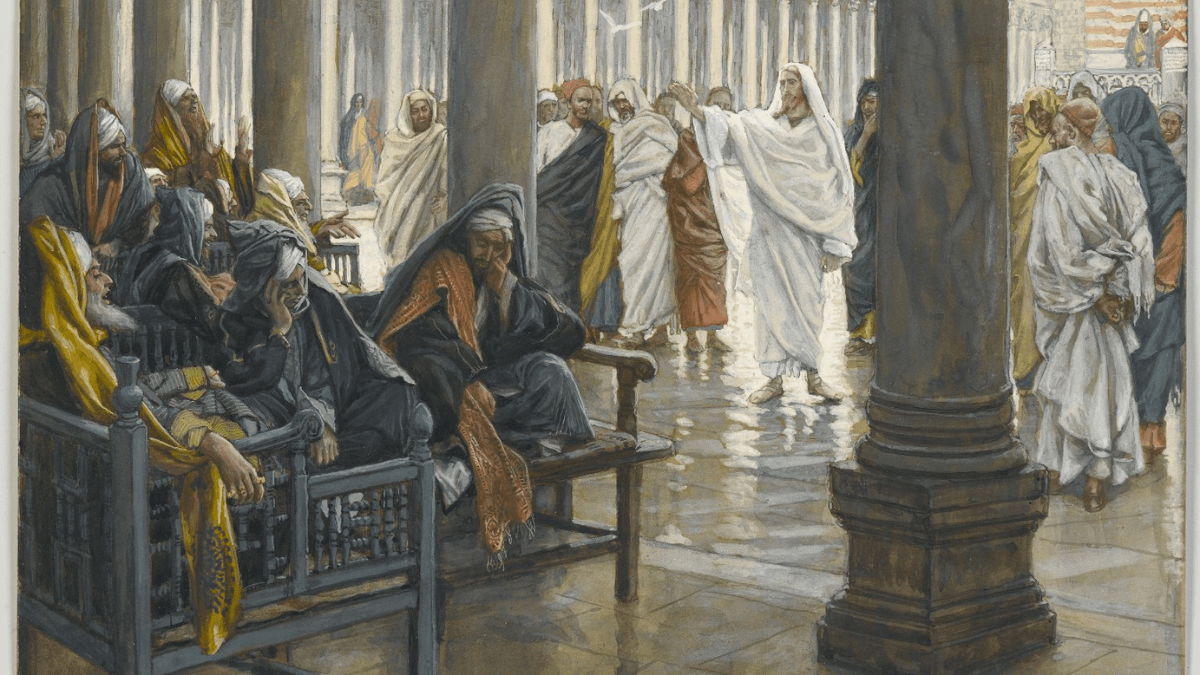On the Back Porch

31st Sunday of Ordinary Time, Year A

What We Celebrate
In Matthew’s timeline it is (still) Tuesday of Holy Week and Jesus is still in Temple precincts – and the controversies with Jewish authorities continue. The audience continues to be the crowds gathered around the man from Galilee, but the conversation will soon pivot to the disciples – in each case a critique and warning. Jesus’ critique of the scribes and Pharisees will have three elements
- They teach but they don’t practice what they preach;
- They burden others while failing to act themselves; and
- They act for the wrong reasons: to make an impression on others.
The gospel speaks of the “chair of Moses,” and admonishes not to call others “Father” (what does the Catechism say about that and our Catholic practice of calling “priests” Father?). We are social creatures who want to be noticed, invited to things, and not ignored. How does this gospel speak to our own humanity?
There is a lot more to this gospel. Sit with it for a moment on the back porch.
Full Text of the Sunday Readings
Detailed Commentary on the Gospel
The Pharisees Question Jesus (Les pharisiens questionnent Jésus), James Tissot | 1886-1894, Brooklyn Museum, PD-US
The Letter to the Philippians
St. Paul’s Letter to the Philippians is a marvelous letter, a central element of which is the humility of Jesus Christ:
“Do nothing out of selfishness or out of vainglory; rather, humbly regard others as more important than yourselves, each looking out not for his own interests, but also for those of others. Have in you the same attitude that is also in Christ Jesus, Who, though he was in the form of God, did not regard equality with God something to be grasped. Rather, he emptied himself, taking the form of a slave, coming in human likeness; and found human in appearance, he humbled himself, becoming obedient to the point of death, even death on a cross.” (Phil 2:3-11)
Take a few moments to watch this overview video on Philippians.